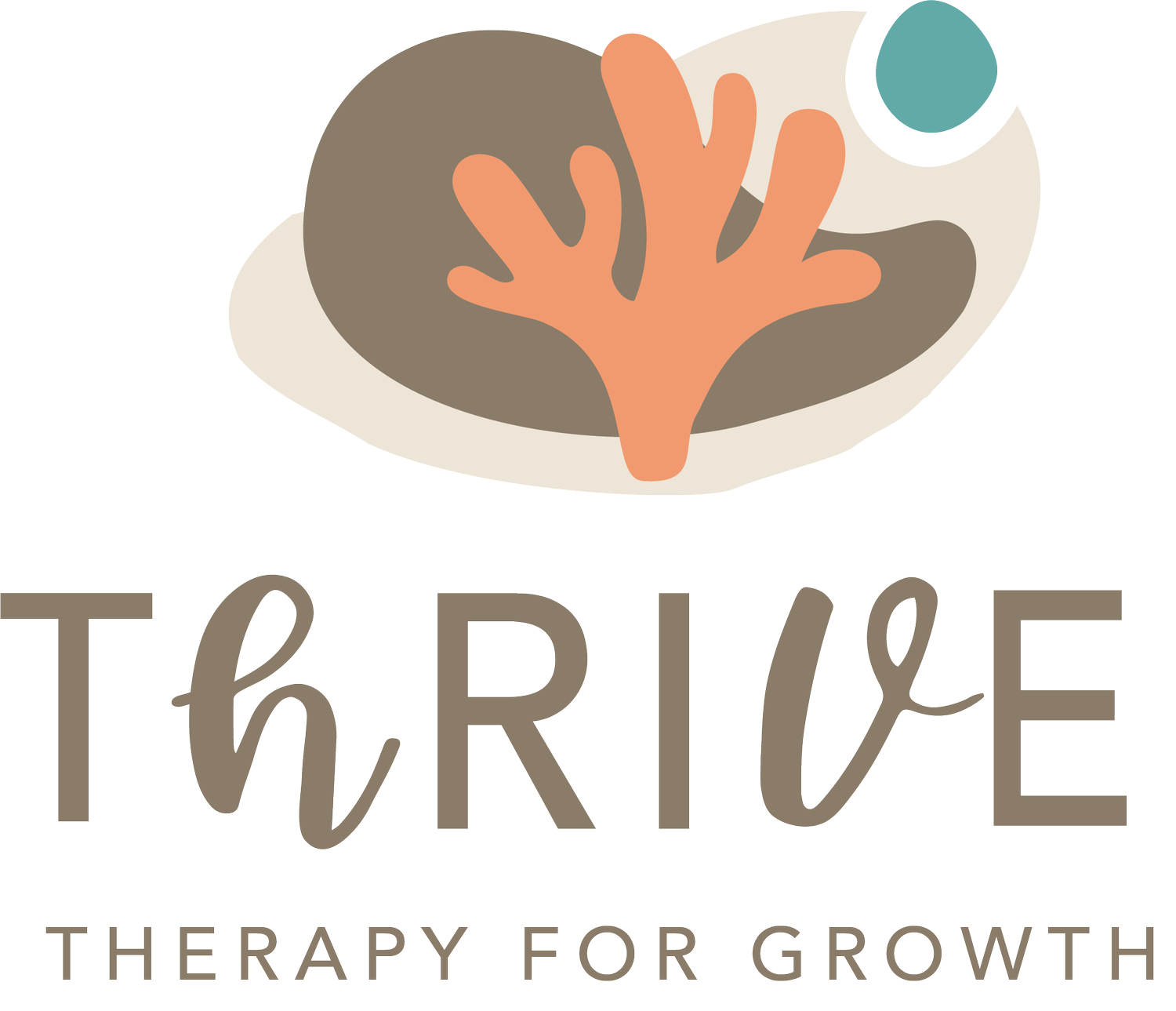The Silent Struggle: Understanding and Addressing the Mental Health Crisis Among Young People
In recent years, mental health challenges among young people have skyrocketed, with issues such as anxiety, depression, and isolation becoming alarmingly common. While mental health awareness has grown, the silent struggle of Generation Z (born between 1997-2012) highlights an urgent need for deeper understanding and stronger support systems.
As we step into 2024, more young people than ever before are searching for mental health resources, questioning how to cope with social media pressures, financial stress, climate anxiety, and an uncertain future. In this post, we explore why this crisis is happening, the role of technology, and what we can do to help.
Why Are Young People Facing a Mental Health Crisis?
1. The Impact of Social Media
Social media is a double-edged sword: it connects us to the world but also exposes young people to unrealistic beauty standards, comparison culture, cyberbullying, and addictive scrolling behaviors. Studies have shown that excessive social media use can lead to:
📉 Lower self-esteem due to constant comparison.
😟 Increased anxiety and depression from social validation dependence.
💤 Disrupted sleep cycles leading to mental fatigue and burnout.
Young people today spend more time online than any previous generation, and while platforms like TikTok and Instagram provide community, they can also contribute to feelings of inadequacy, FOMO (fear of missing out), and information overload.
2. Academic & Financial Pressures
The cost of education, rent, and living expenses has skyrocketed, placing immense pressure on young people to excel academically and secure high-paying jobs. Many Gen Z individuals feel trapped in a system that demands perfection, productivity, and financial success—all while struggling with:
💰 Student loan debt that delays major life milestones.
📚 Work-study imbalance leading to burnout and chronic stress.
😨 Fear of failure due to societal expectations and job market uncertainty.
The constant need to “keep up” and “do more” is taking a toll on their mental health, leading to higher rates of anxiety, stress-related illnesses, and burnout at increasingly younger ages.
3. Climate Anxiety & Global Uncertainty
Another emerging concern is eco-anxiety—the stress and fear about climate change and the future of the planet. Unlike previous generations, Gen Z has grown up with constant exposure to:
🔥 Natural disasters & extreme weather events
📉 Economic instability & global crises
😔 Political and social unrest
Feeling powerless over global issues can fuel chronic anxiety, hopelessness, and decision paralysis about long-term life plans, leading some young people to disengage from future planning altogether.
The Role of Technology in Mental Health
While technology has enabled greater access to mental health resources, therapy apps, and online support groups, it has also created new challenges:
📱 Doomscrolling: Excessive news consumption can reinforce negative thinking patterns.
💻 Reduced face-to-face interaction: Social media can’t replace real human connection.
⏳ Attention span decline: The rise of short-form content has made focus and mindfulness harder.
To improve mental health, healthy digital habits must be prioritized—including screen time limits, mindfulness practices, and in-person community engagement.
Addressing the Crisis: What Can Be Done?
To combat this mental health crisis, a multi-faceted approach is needed—one that involves individuals, families, schools, workplaces, and communities.
1. Encouraging Open Conversations
Talking about mental health should not be taboo. Young people need safe spaces where they can express struggles without fear of judgment. Support can come from:
💙 Parents & caregivers fostering non-judgmental discussions.
🏫 Schools & universities implementing mental health education.
💬 Workplaces prioritizing mental well-being and flexible schedules.
2. Making Therapy & Support Accessible
Many Gen Z individuals want therapy but can’t afford it. Expanding low-cost therapy options, telehealth, and mental health days in schools and workplaces can increase access to essential care.
🔹 Online therapy platforms like BetterHelp & Talkspace offer flexible counseling.
🔹 Community-based support groups provide peer-led resources.
🔹 Mental health hotlines ensure immediate help is available.
3. Balancing Social Media & Real-Life Interaction
Young people need to reclaim control over their digital lives. Some effective strategies include:
📴 Setting screen time limits to reduce mindless scrolling.
🤝 Prioritizing face-to-face connections through social activities.
🧘 Practicing mindfulness to improve self-awareness and emotional regulation.
Social media should be used intentionally—as a tool for connection rather than a source of stress.
4. Promoting Physical & Mental Wellness
Mental and physical health are deeply connected. Simple lifestyle changes can significantly improve mood, focus, and resilience:
🏃♀️ Exercise & movement boost endorphins and reduce stress.
🌞 Sunlight & outdoor time improve sleep and mood.
🥦 Nutritious food choices support brain function and emotional balance.
These small but impactful habits help young people build resilience in the face of daily stressors.
Final Thoughts: Prioritizing Mental Health in a Changing World
=The mental health struggles of Gen Z and young people worldwide are real, complex, and urgent. But by raising awareness, promoting open discussions, and creating supportive environments, we can empower young people to navigate these challenges and thrive.
If you or someone you know is struggling, help is available.
📞 Crisis Support: Call 988 for immediate mental health assistance.
💙 Therapy & Resources: Reach out to local counseling services or online therapy platforms.
🌍 Community Support: Join mental health advocacy groups, workshops, or peer-led discussions.
Mental health matters. Let’s continue the conversation and work toward a more supportive, understanding, and mentally resilient future.
